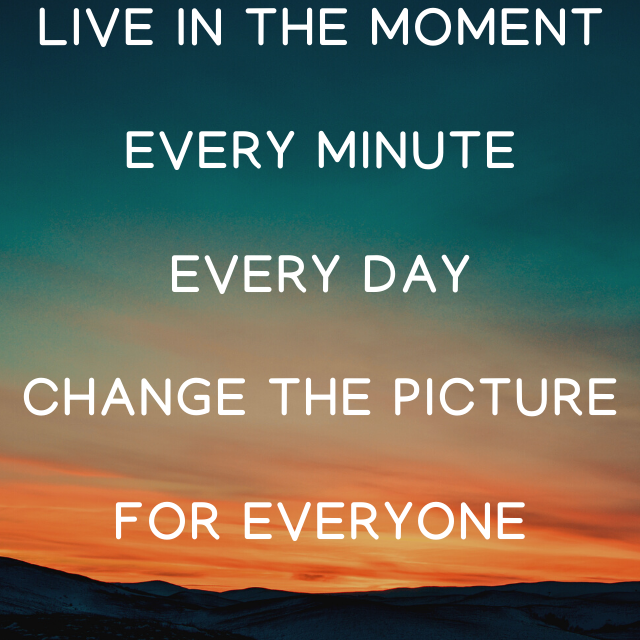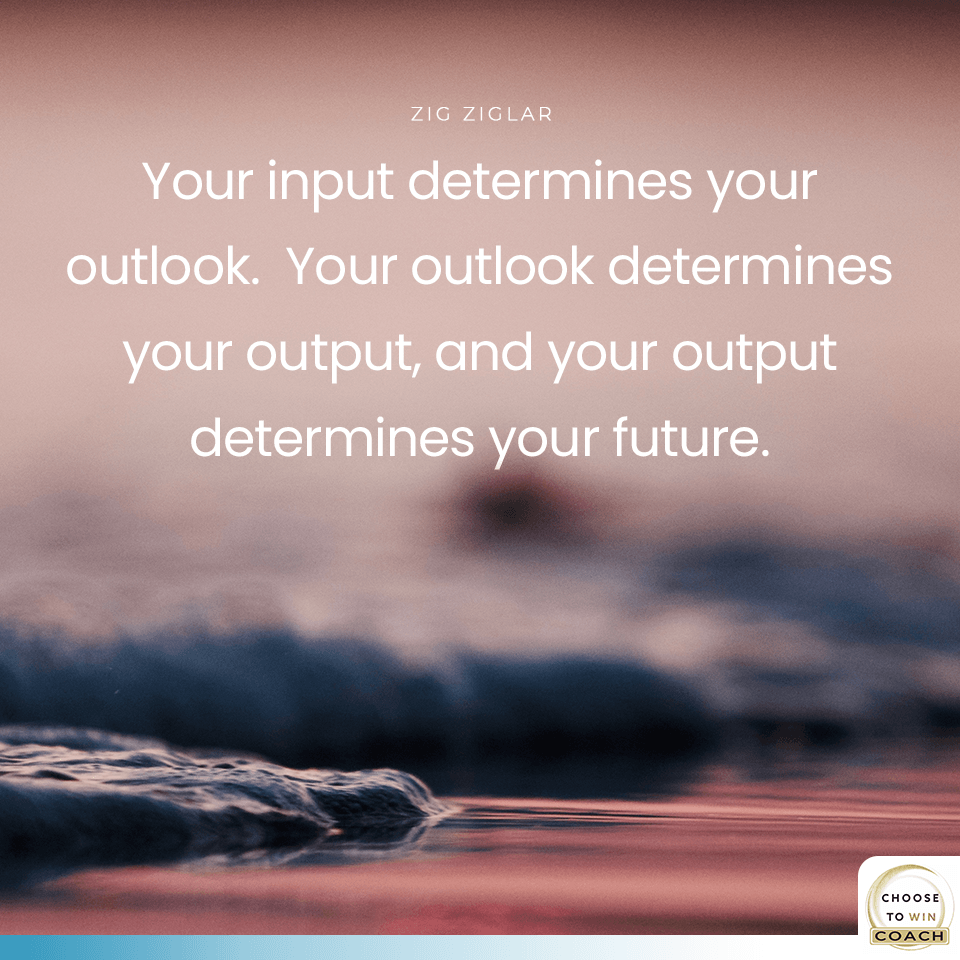Recently, I have been reading, listening, and learning about the neuroscience of our brains. I will explain why shortly, but before you wonder if I am committed to learning more about how I and we make decisions, or if I should just be committed, allow me to explain my recent fascination briefly with neuroscience and how it shows our potential to become better decision-makers.
As a writer, speaker, and coach, I have become obsessed with how people think and how I can help them train their minds to think not just differently but more positively. It turns out there is much to learn here. I will say from the outset that I have nothing more than the most basic and rudimentary understanding of my topic this week. But I hope when you learn a little more about it, that like me, the topic will pique your interest and encourage you to become a better version of yourself.
So, my basic learning has shown me that there are two key components to the limbic system of your brain that control how you receive and process information and what you do with it once you have received it. Although they are very different in their activities and information processing, they are equally important in understanding how we think and how we respond.
First, let’s meet our amygdala; I’ll call her Amy for short. Good, old Amy. She is the life of the party, but she can also be Debbie Downer. She is the girl who experiences and feels all of our emotions. Unfortunately, she tends towards Debbie more often than not. She is the one who teaches us to fear any impending danger, whether real or imagined. It’s the part of your brain that, if you see a snake crawling in your path or a fin heading toward you in the ocean, tells you to run (or swim) in the opposite direction ASAP!
Amy runs the gambit of emotions covering everything from sexual pleasure to terrifying fears or traumas. The old girl is always on the lookout for emotional opportunities, and fortunately, she is somewhat regulated by her close cousin Neo, also known as the neocortex. One of Amy’s shortcomings is she can’t talk, think, or make decisions; she can only feel. On the other hand, Neo might be referred to as, well, the brains of the operation.
The neocortex is the part of the brain that has reasoning and decision-making capabilities. It takes all of the information that Amy gives him and considers logic, truth, past circumstances, and other inputs to make the right decisions. The good news is that while Amy is a little hard to control, training Neo can be trained to grow. This introduces a term called neuroplasticity. In layman’s terms, it means you can train your brain to develop new, better systems to make decisions every day and throughout your day.
According to my hasty research, it is widely held within the medical industry that the best way to increase neuroplasticity is through meditation and/or prayer. This is something that I write, speak, and coach about every day. The second similarly agreed-upon practice is journaling, which I have written about and transformed my mindset and decision-making each day. It is also working for almost every person I have recommended it to, either in coaching or casual one-on-one conversations.
So, at this point, your question may be, “why does all of this matter?” I will say this. If we can train our brains to worry less and focus on the truth more, how much more productive could we be in each area of our lives? How much time do you spend each day worrying about things beyond your control or wishing you could replay a past conversation or decision? What if you invested even a fraction of that time focusing on positively impacting others and yourself through your next action and interaction?
Meditation, journaling, and intentional decision-making can transform your life. I believe it because I have seen it work in my life and the lives of others. There are many other ways to grow your mind and your results. I would challenge you with the words of the Apostle Paul:
Finally, brothers and sisters, whatever is true, whatever is noble, whatever is right, whatever is pure, whatever is lovely, whatever is admirable – if anything is excellent or praiseworthy – think about such things.”
I can’t think of any better way to close this post than that! How about you?
Did you enjoy this article? If you haven’t already, please be sure to subscribe to this blog, where I post every Tuesday. You can also get additional free content by subscribing to my YouTube channel or following me on Facebook, Twitter, Instagram, or LinkedIn.
I also invite you to review my coaching page on my website here. I have only a couple of spots left in my Personal Development Coaching Practice. Each week I offer two free strategy sessions on a first-come, first-served basis to people interested in exploring how to become a person who pursues their goals and dreams. These special hour-long sessions prove again and again to be invaluable to those who participate. You can book these directly on my coaching page – I look forward to serving you.










